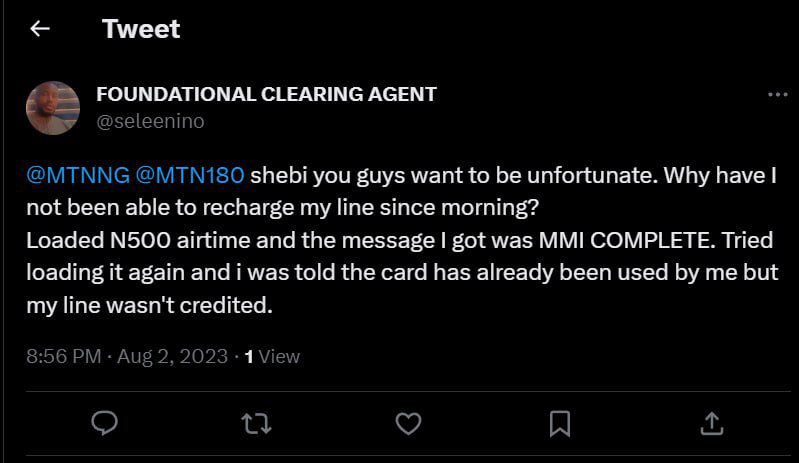Nigeria’s recent involvement in neighbouring Niger’s political crisis has caught the attention of the popular hacktivist group Anonymous Sudan. The group has revealed that it had kickstarted a series of Distributed Denial of Service (DDoS) attacks on the country’s digital infrastructure.
This allegation was corroborated by the National Information Technology Development Agency (NITDA), a government agency. According to a press statement seen by Technext, the NITDA said it detected the activities of a hacktivist group targeting the nation’s digital assets.
“The hacktivist group, known for its politically and religiously motivated cyber campaigns poses a significant risk to our country’s critical information infrastructure. The agency further offered Nigerians insights into the group’s method of operations. Their tactics include targeted attacks on government digital services, using various attack types, particularly DDoS attacks, and they have a track record of successful attacks in other countries,” NITDA explained.
It’s worth noting that the NITDA did not name the exact group responsible. However, further investigation by Technext showed that Anonymous Sudan is the culprit. Throughout yesterday, the group published several announcements regarding the disruption of service by MTN, a popular telecom company. Like the Kenya attacks that raged on most of last week, Anonymous Sudan used its private Telegram channel to share updates on the attacks.
The group shared screenshots of customers bemoaning the poor network. It wrote on Telegram “We have confirmed from people inside Nigeria and Twitter that they’re going crazy over the MTN network going down.” It added that it was aware that MTN subscribers could not do basic things like load the Google page. According to the group, Nigerians would experience difficulties using the telco’s mobile application and website. Other affected services include customer care panels, bank top-ups, and recharge line systems.
A conversation with MTN users revealed that they struggled with poor reception throughout yesterday. Some said at some point they considered switching to Glo and Airtel, both major rivals. This writer, too, experienced glitches.
Is Anonymous Sudan attacking Nigeria for Niger?
Last week, Technext reported that Kenya experienced several DDoS attacks that rendered several government websites inaccessible. The group claimed it did so to deter the East African country from sending peacekeepers to war-torn Sudan. It threatened to continue the offensive until Kenya dropped the idea.
In this case, the motivation is the ongoing Niger crisis. The former head of the Presidential Guard, General Abdourahmane Tchiani led a successful coup on July 26 that toppled the democratically elected government of President Mohamed Bazoum. Nigeria has made several efforts to return its neighbouring country to civilian rule, the latest of which is cutting off Niger’s electricity supply, a move which Anonymous spotlighted as one of the reasons for its attack on Nigeria.

Nigeria’s President Bola Tinubu heads the Economic Community of West African States (ECOWAS), a group to which Niger belongs. Its involvement in the issue is only natural seeing as both Nigeria and Niger have shared strong ties until recently. After all, former President Muhammadu Buhari made several controversial decisions including the construction of a rail project to Niger and the purchase of vehicles worth N1.4 billion for the Nigerien government.
There’s no telling when these attacks will stop or which system will be targeted next. For now, the NITDA says all ministries, departments, and agencies should deploy DDoS monitoring systems, subscribe to DDoS protection features, and configure hardware like firewalls to drop DNS responses from outside the network. Private companies like the telcos are expected to follow similar security steps.
Source : Tech Next
















